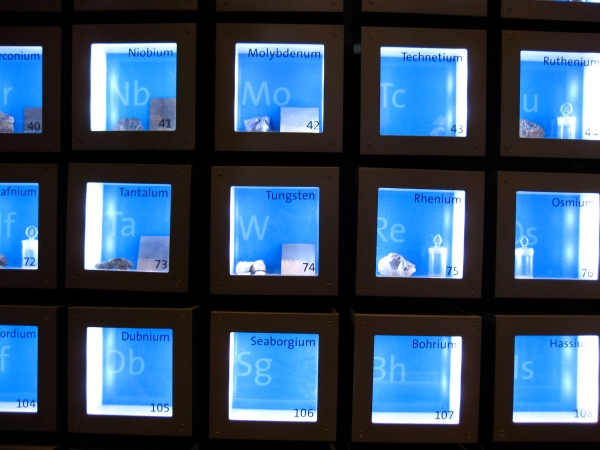So it’s been a good long while away from the blog and I wasn’t sure I’d continue with this project. But I’ve been reading, learning, and stumbling upon so much fascinating, inspiring stuff, that I feel I just have to share. Being home for the holidays sure was fun – there are two photos in this post from my time over there, just to add some visual fun.
Back in action here corresponds to being back in the classroom again. The new semester started two weeks ago and is off to a running start (expect some knowledge organization and interactive design related posts, as those are the course I’m taking). Three semesters into the LIS program, I’ve noticed one theme that the older generation of professors seem to always come back to – the death of the library and the profession in general. These kind of doomsday proclamations are fairly commonplace these days in industries/professions/communities traditionally tied to older media. But I refuse to buy into the doom and gloom. There must be new ways to keep information work relevant to people’s lives!

Periodic table of wonder: Part of the Griffeth Observatory in Los Angeles's exhibition on the stuff the universe is made of.
Not to long ago there was an interview in Library Journal between Jessamyn West and Jaron Lanier. In the interview Lanier talks about his criticisms of web2.0 and the changing role of the library in face of new media trends. I think Lanier does a good job at being realistic while describing his own re-envisioning of the library’s place in society. He challenges us to ask ourselves important questions:
If I were a librarian now, I would attempt to conceive of the library from an experiential point of view. I would say, “What is the experience that is missing from the agora, from the world out there, from the private home? What is the experience that’s missing that we need in order to be human, in order to think, in order to consider?”
His offered solution is great for its simplicity:
My own take on it would be that information availability in some sort of raw form is not a problem anymore, because of the Internet. It is for some people, as you well know; not everyone has Internet access or equal Internet access. Acknowledging all of that and just speaking in a very crude way that ignores [the digital divide] for a moment…if somebody has broadband at home, if they’re affluent, it doesn’t mean they have all they need. They still, in many cases, lack the time and space really to think in their lives. And, gradually, libraries will take on the role in civilization of providing that space. I don’t think the home will provide it anymore.
You can read the rest of the conversation between West and Lanier here, if you’re interested. As LIS students and professionals, we should all think about futures of libraries, but we shouldn’t let ourselves flounder in too much negative thinking. Both West and Lanier seem like good resources for some outside-of-the-box perspectives and forward thinking.

No comments:
Post a Comment